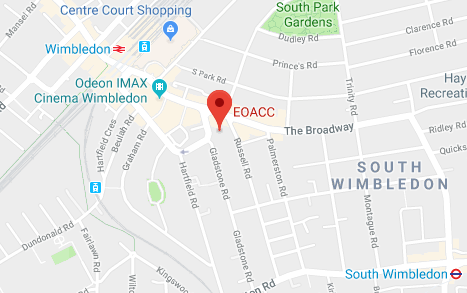IR35 – are you compliant?
With a fourth specialist team tasked solely with tackling IR35 enquiries, we are expected to see an increase in enquiries over the coming years. With this in mind, it is important for contractors to ensure they fully understand the legislation and are taking every precaution to ensure they are not caught.
What would happen if the HMRC opened a IR35 enquiry into your Limited company?
The HMRC will send you a letter requesting the following information which should be supplied within 30 days:
* A breakdown of your company’s income for a specific accounting period.
* Copies of all contracts that relate to that income.
* Evidence and information that supports the opinion of your status.
The HMRC still uses tactics to ‘trip up’ contractors, so remember these tips:
* Avoid any employment terminology such as ‘my manager’, ‘overtime’, ‘holiday’, or ‘job interview’.
* Get your client on side and understanding the consequences of employment terminology.
* Don’t agree to meetings or dealings with the HMRC over the phone unless advised by or in the presence of a professional tax advisor. This goes for your client too. You are under no obligation to hold meetings or speak with the HMRC over the phone and it often leads to more employment terminology being used and more information than legally required being given which can be very detrimental to your case.
What do you need to provide the necessary evidence and information in order to defend your status?
The first task is to complete the Business Entity Test by the HMRC and collect the relevant supporting evidence. If you fall into the low risk category, then the results of your test and the supporting evidence will suffice. If the HMRC deems the evidence as satisfactory, then they will accept your score and close the enquiry immediately. They will also promise not to open another one for at least three years.
However, due to the nature of the test’s scoring, most genuine contractors will fall into the medium to high risk category. In this case, you will need to compile more detailed evidence and be sure to explain its relevance to the IR35 legislation.
* Ensure your written contract is IR35 compliant and provide evidence of a review by a known provider.
* Ensure that your real working practices are compliant and mirror your written contract. You can also have a review of these done by a provider.
* You may want to provide evidence that you have used a substitute, for example, or get a confirmation of arrangements form completed to confirm the nature of your work with your end client (you should do this whilst you are working for each client in the event of an HMRC enquiry into a previous contract).
* Remember the key factors of IR35 and ensure you provide evidence for them: Right of Substitution (you are able to provide a substitute to carry out the work and will only be declined on reasonable grounds such as skill or qualification and your company would be responsible for paying them), Control (you have autonomy over your method of work), Mutuality of Obligations (you are not obliged to take extra work and your client is not obliged to offer you any).
EOACC have teamed up with Qdos Contractor to provide everything you need in order to defend your status should the HMRC come knocking with the new IR35 Defence Pack plus a variety of other review options.
It is important to assess your working practices regularly as you can fall inside and outside IR35 during the same contract simply due to changes in your working practices. It is also important to remember that it is not ‘bad’ to be inside IR35, but simply less desirable as long as you are paying the relevant tax and NIC for when you are working inside or outside the legislation.
You could also take out insurance whereby Qdos professional advisors will deal with your enquiry from day 1 when you receive a letter. You can take out cover which just covers the legal and representation in the event of any HMRC enquiry or full insurance which also covers the tax/NIC liabilities, penalties and interest, should you be caught by IR35.

